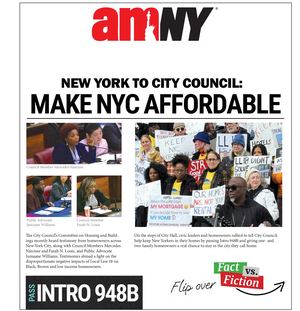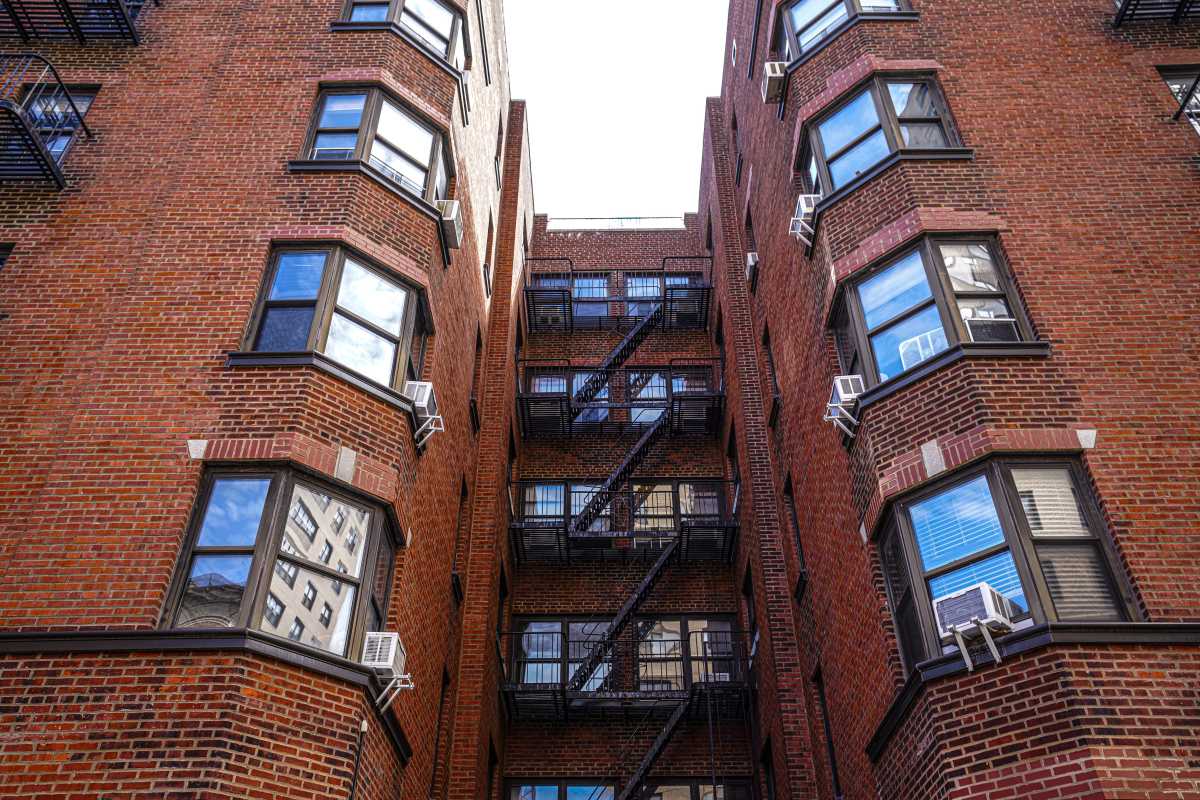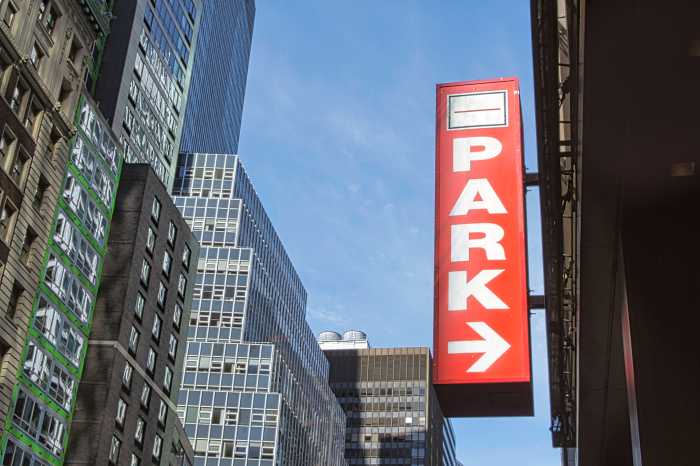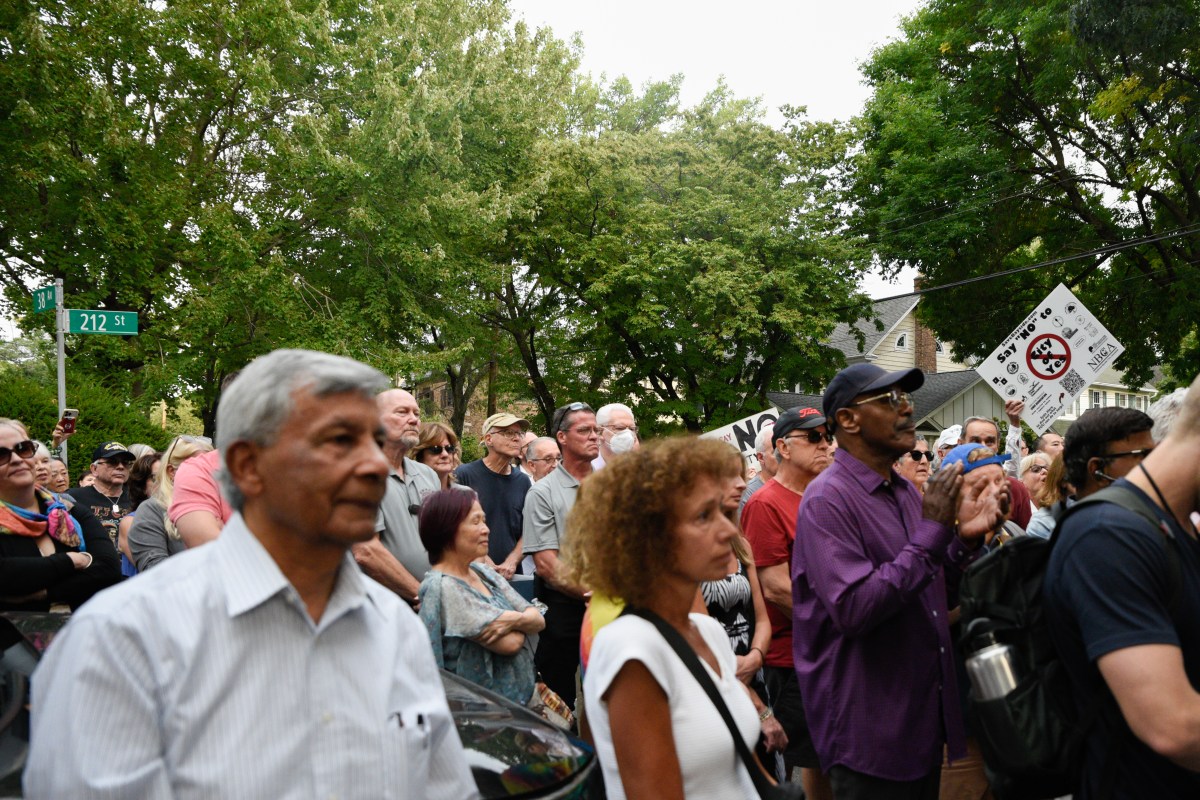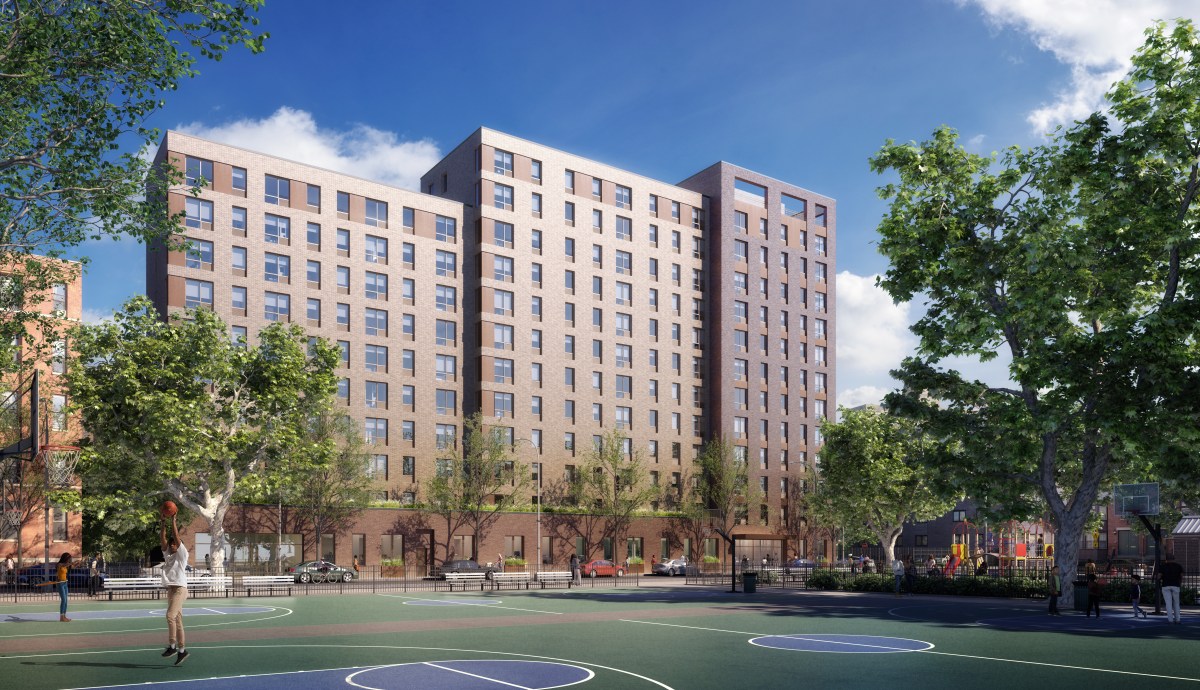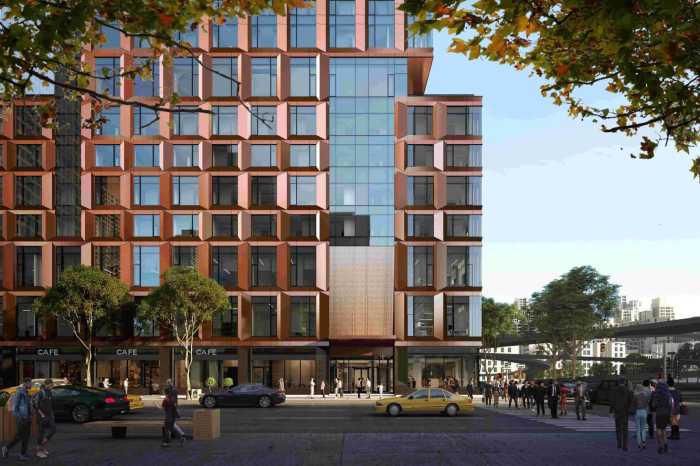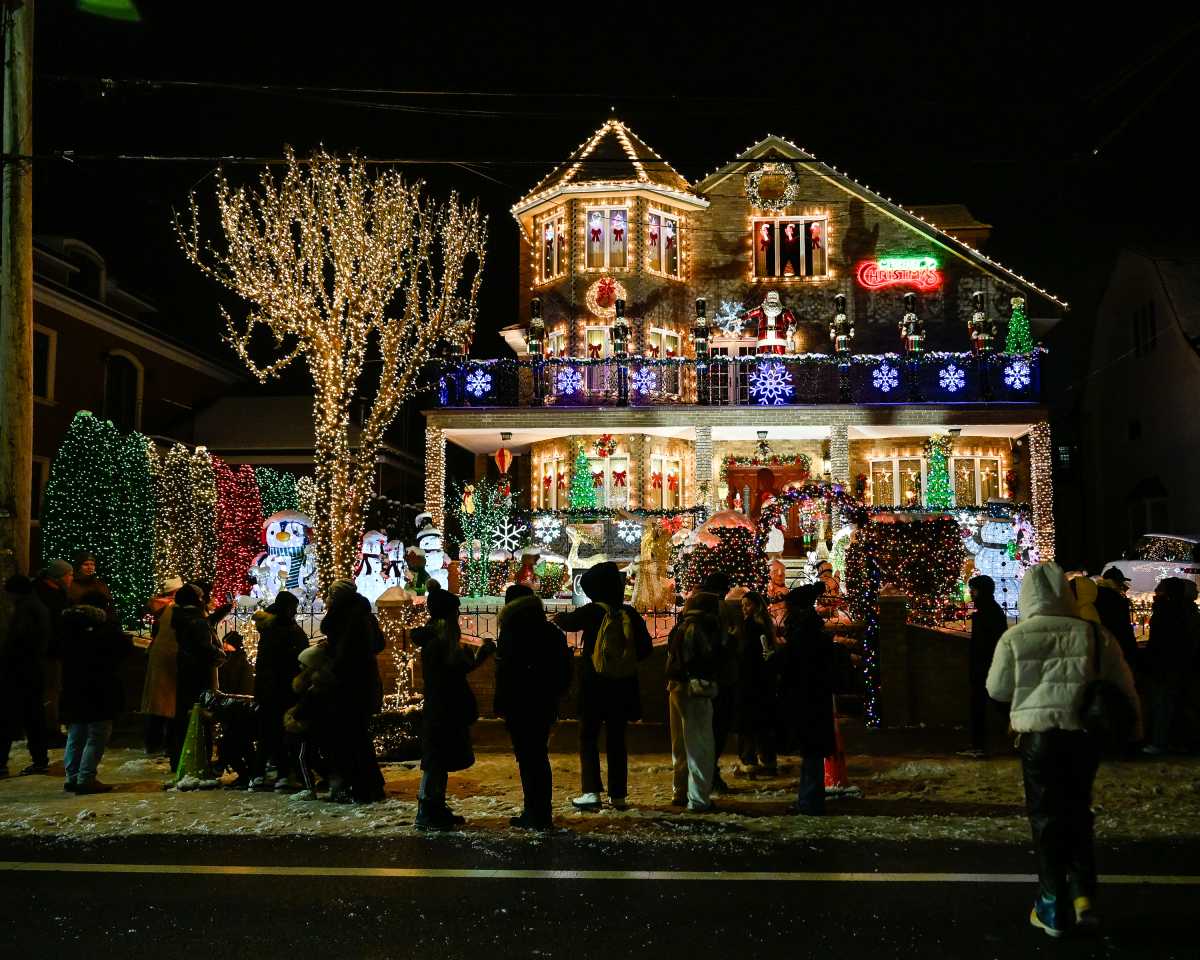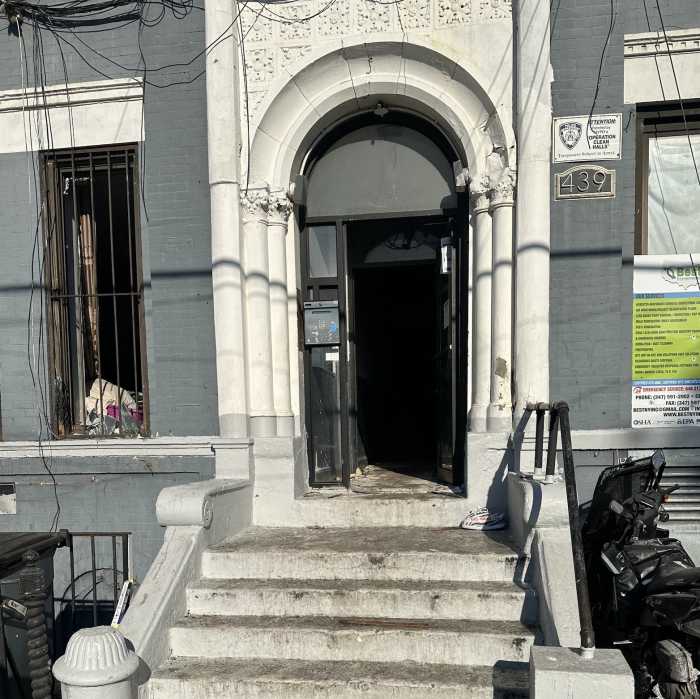The rent in NYC isn’t just too darn high for “Generation Z”; a trifecta of problems has made it crippling, according to a new report released this week.
New research from the real estate site StreetEasy found that NYC has one of the nation’s most unaffordable rental markets for younger New Yorkers, specifically those aged 18 to 25. In fact, two in three renters in this demographic around the five boroughs are considered rent-burdened because they spend more than 30% of their income on housing costs.
According to economists, there are several reasons for their economic pain — including the housing crisis, skyrocketing college tuition, and pandemic-related recession and inflation.
“The surge in demand since the pandemic, especially, really made it challenging for young adult renters in NYC and across the nation to find an affordable home in a place where they also work,” Kenny Lee, a senior economist at StreetEasy, said.
According to Lee’s new research for StreetEasy, entry-level salaries have increased strongly, but it is still not enough to close the gap on increasing rent prices. In NYC, rents grew 7.4 times faster than wages last year — the largest gap in the nation, Lee explained.
Lack of affordable housing has a key role in the rent problem. “The national housing shortage is at the core of the current crisis,” Lee said.
Real estate site Zillow, which owns StreetEasy, shows there is a need for about 4.5 million homes to satisfy the strong demand — and that number hits hard in the Big Apple.
“In NYC, there are more than 400,000 homes missing relative to the number of households looking to find a place of their own,” Lee said.
The 2008 ‘housing crisis‘ still has a ripple effect
Rent in NYC has traditionally been unbearable. Space is limited and demand is high.
“This always means living costs are higher,” said Christopher Ball, an economics professor at Quinnipiac University in Hamden, CT. “That hasn’t changed. Generally born in the early 2000s, this generation has faced a rough economy. They caught the Great Financial Crisis of 2008 and 2009 which hit incomes, employment and, of course, housing. It was the housing crisis.”
Lee said that 10 years ago, the Millennial generation actually “had it worse” due to the housing crisis.
“The national economy was coming out from a severe recession in 2008 and 2009,” he said. “The individuals spending more than 30% of their income to keep up with rent peaked at 62%. That share actually started declining, and it fell down to 55% in 2019.”
But surging rental demands since the pandemic completely reversed the trend, Lee added, which Gen Z is experiencing today.
College tuition has ‘skyrocketed‘
Another reason for NYC’s rent crisis is outstanding student loan debt.
College tuition has skyrocketed since 2000, economists say, rising even faster than inflation. Ball and other economic experts say student debt has become a major burden for the younger generation.
“Many start their first jobs already burdened with large amounts of debt. And, government-backed student loans can’t be defaulted on,” Ball said. “So this generation is stuck with high debt they can’t avoid so they have high and mandatory monthly student loan payments.”
Couple seemingly endless student loans and the housing crisis with pandemic recession and inflation, and it’s a recipe for burdensome rent.
Ball underscored Lee’s point about rents outpacing wages in NYC.
“Gen Z has also been hit with slow wage growth and often negative real wage growth over the last 4 years since wages rose some but not always enough to offset inflation which includes housing prices,” he said.
What can rent-burdened young adults in NYC do?
The StreetEasy data shows that close to 59% of Gen Z renters are rent-burdened as of 2022.
“That means they’re spending more than 30% of their pre-tax gross income to keep up with housing costs, such as rent and any monthly fees like parking fees,” Lee said. That can really be a tough situation for a lot of renters in the nation.
Although overall inflation fell to 2.4% recently, housing and shelter inflation is still at 4.9%.
“All this makes their lives very financially challenging,” Ball said. “It’s no surprise that this generation particularly feels the pinch of higher prices.
While the news is financially grim, there are still ways to address the affordability crisis.
Zoning reforms that allow for more housing can help. In New York City, StreetEasy analysis shows that targeted zoning reforms near public transit to allow modest increases in housing could unlock an opportunity to create up to 1.1 million new homes.
Removing red tape and lowering upfront costs, such as broker fees, can also make a difference, the report notes. And, so does renting within your means, if possible.
“It’s tough out there, for sure. If possible, keeping housing costs under 30% on gross income is widely recommended by federal, state and local agencies,” Lee said.
Read More: https://www.amny.com/real-estate/
